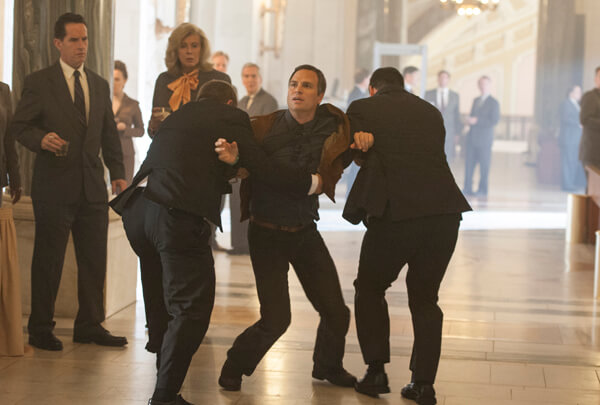A Delaware trial judge has ordered a healthcare provider to pay more than $1.1 million in damages to a man who convinced a jury that he lost his job because the provider faxed information about his HIV-related treatment to his workplace.
In a February 1 decision, Superior Court Judge Mary Johnston, finding that the “verdicts are ones that a reasonably prudent jury could have reached,” rejected the defendant’s post-trial motion to set aside the verdict or lower the damage award.
To protect the plaintiff’s confidentiality, Johnston allowed him to sue anonymously as “John Doe.” Doe alleged that the defendant, Infectious Disease Associates, P.A., was negligent in transmitting a fax containing “confidential information regarding Plaintiff’s treatment for the HIV virus” to Doe’s workplace. A co-worker delivered the fax to Doe, who presented the court with circumstantial evidence that “the behavior of his colleagues in his workplace changed after the fax was received,” Johnston wrote.
Health care provider nailed for fax leading to patient’s firing
Shortly after the fax incident, Doe was discharged. His former employer presented evidence purporting to show that the termination was “unrelated to anything except work performance,” but the jury found more credible the plaintiff’s evidence that “his performance reviews did not justify termination prior to the fax, and that thereafter his employer moved inexorably toward firing him.” The jury heard conflicting evidence about whether any co-workers actually saw the fax, with Doe’s case resting on the common sense assertion that “his fellow employee must have seen the fax in order to deliver it to Plaintiff.”
In order to rule for Doe, the jury had to conclude that the defendant’s negligence caused Doe’s lost wages, and that his termination was a “reasonably foreseeable consequence” of sending the fax.
Johnston’s opinion does not identify the employer, as one would expect in protecting the anonymity of the plaintiff, and does not mention whether Doe has filed an HIV-related discrimination lawsuit against that employer.
Some of the damage award — $86,526.76 — represents lost wages as a result of the termination of Doe’s job. The jury also awarded $1,050,000 to compensate Doe for the emotional distress he suffered. The defendant presented evidence showing that Doe suffered no physical injury as a result of the fax incident and that he was already suffering from depression and “emotional issues” before this occurred. Doe countered with evidence that his depression increased after the incident, with one witness describing his “emotional and mental state following the fax,” and his doctor testifying that “she prescribed medication as treatment for Plaintiff’s physical responses to disclosure of the information to his employer.” Delaware courts will not award damages for emotional distress that lacks any physical manifestation.
In response to the defendant’s motion that she reject the jury verdict, Johnston pointed out, “Credibility should be decided by a jury. Disputed facts are the province of the jury. The jury’s verdicts are supported by both direct and circumstantial evidence.”
Rejecting the defendant’s challenge of the damages as excessive, Johnston responded that they “are not grossly disproportionate to the injuries suffered, and do not shock the Court’s conscience and sense of justice.”
Doe’s attorney is John R. Weaver, Jr., of Wilmington. The size of the damage award may prompt the defendant to seek appellate review.


































